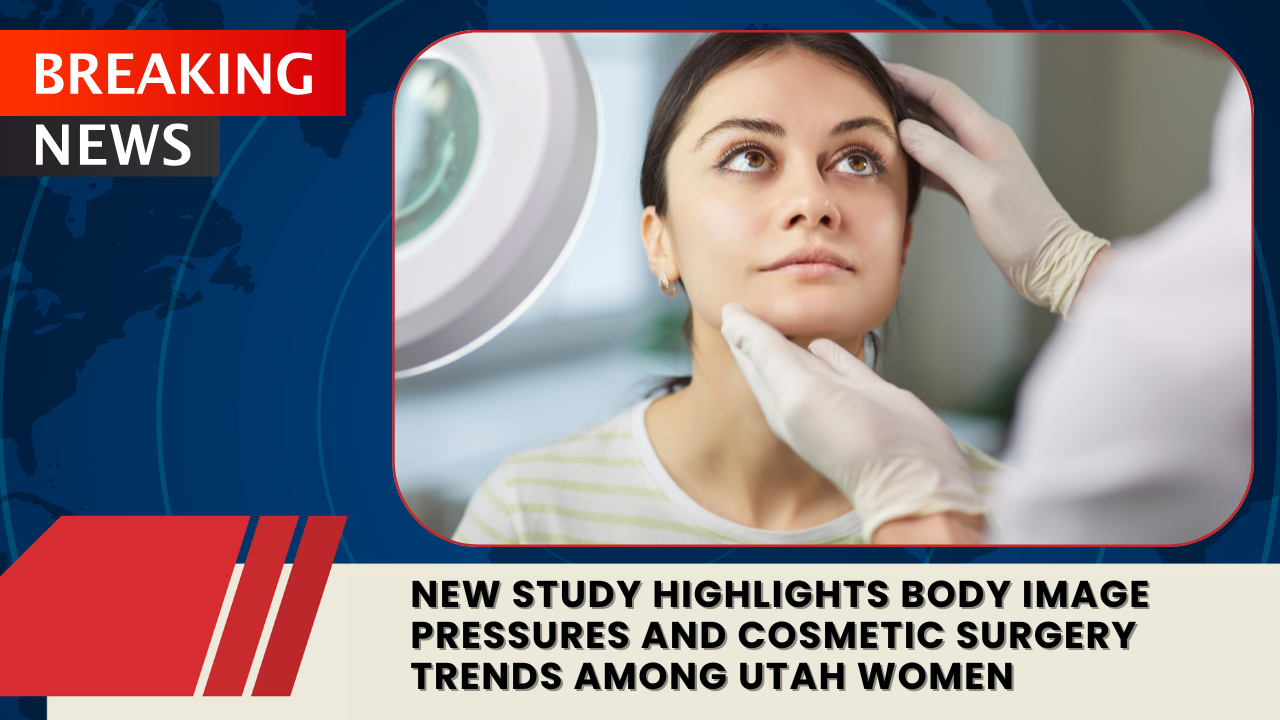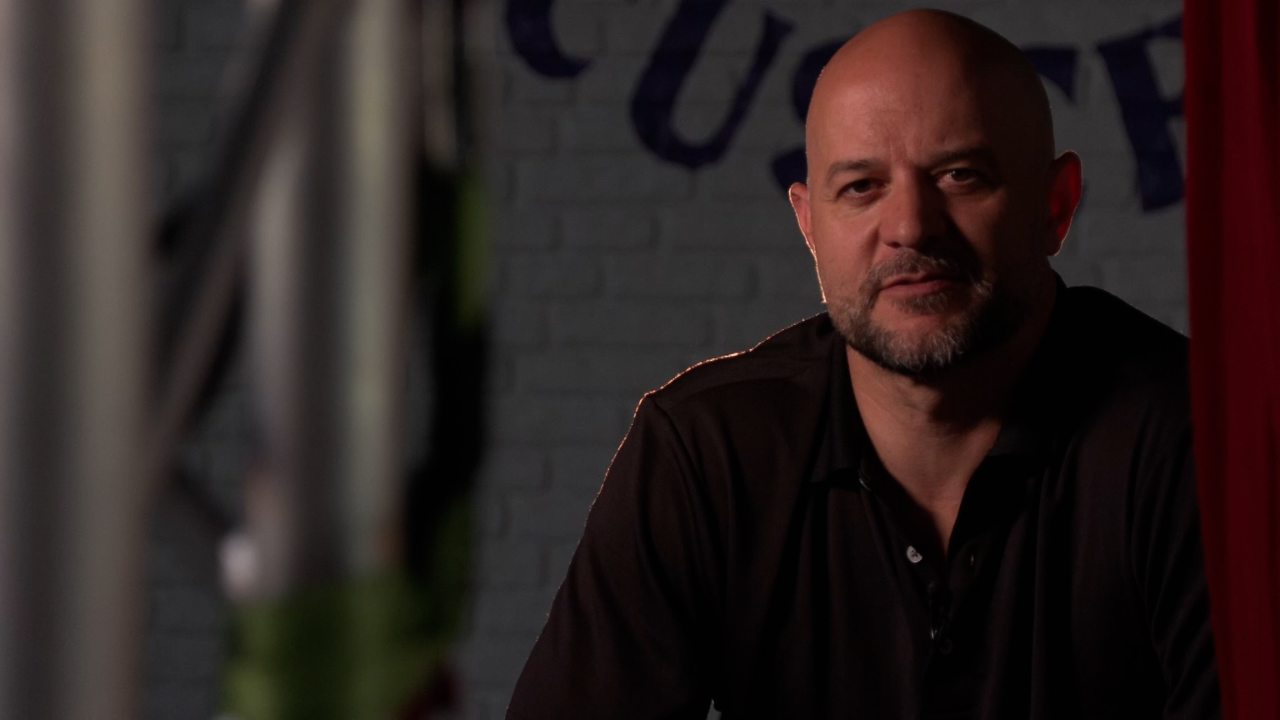SALT LAKE CITY — A new report from the Utah Women & Leadership Project (UWLP) at Utah State University is shining a spotlight on how beauty standards, social pressures, and digital culture are shaping women’s perceptions of body image across the state.
The report, titled “Cosmetic Surgery and Body Image Among Utah Women: A 2025 Update,” builds on a previous UWLP study conducted eight years ago. Researchers revisited the issue to understand how social media growth, evolving beauty norms, and new cosmetic technologies have influenced Utah women and girls over the past decade.
Dr. Susan Madsen, Founding Director of the UWLP, said the findings were both revealing and concerning. According to the research, 96% of Utah girls aged 14 to 19 have experienced appearance-based cyberbullying, while 92% have considered changing or altering their looks.
“From a young age, girls are taught to value their appearance,” Madsen explained. “We often think we’re being kind by complimenting how they look, but it reinforces the idea that beauty is what matters most. That message gets repeated in countless ways.”
The national picture reflects a similar trend. Between 2019 and 2022, cosmetic surgical procedures in the U.S. increased by 19%, driven largely by social media influence and the normalization of aesthetic enhancements.
Utah, however, stands out even more. The study found that the state ranks 10th in the nation for board-certified plastic surgeons per capita and leads the country in Google searches for breast augmentation. Utah also ranks in the top 10 for searches related to other cosmetic procedures, suggesting a growing interest in appearance modification across the state.
Researchers attribute these trends to a complex mix of religious, social, and cultural factors unique to Utah. “The more homogenous a community is — in religion, race, or background — the more competition there tends to be over appearance,” Madsen said. “When everyone shares similar values and lifestyles, subtle pressures to look a certain way become stronger.”
While the report doesn’t propose a single solution, Madsen emphasized the importance of positive body messaging and open conversations about self-worth. She urged parents, schools, and media organizations to promote messages that celebrate individuality, health, and confidence rather than perfection.
“There’s no quick fix,” she said, “but we can all play a part in shifting the focus away from how women look to who they are and what they contribute.”
The Utah Women & Leadership Project plans to continue studying the relationship between beauty standards, self-esteem, and social influences to help inform public awareness and education initiatives statewide.



